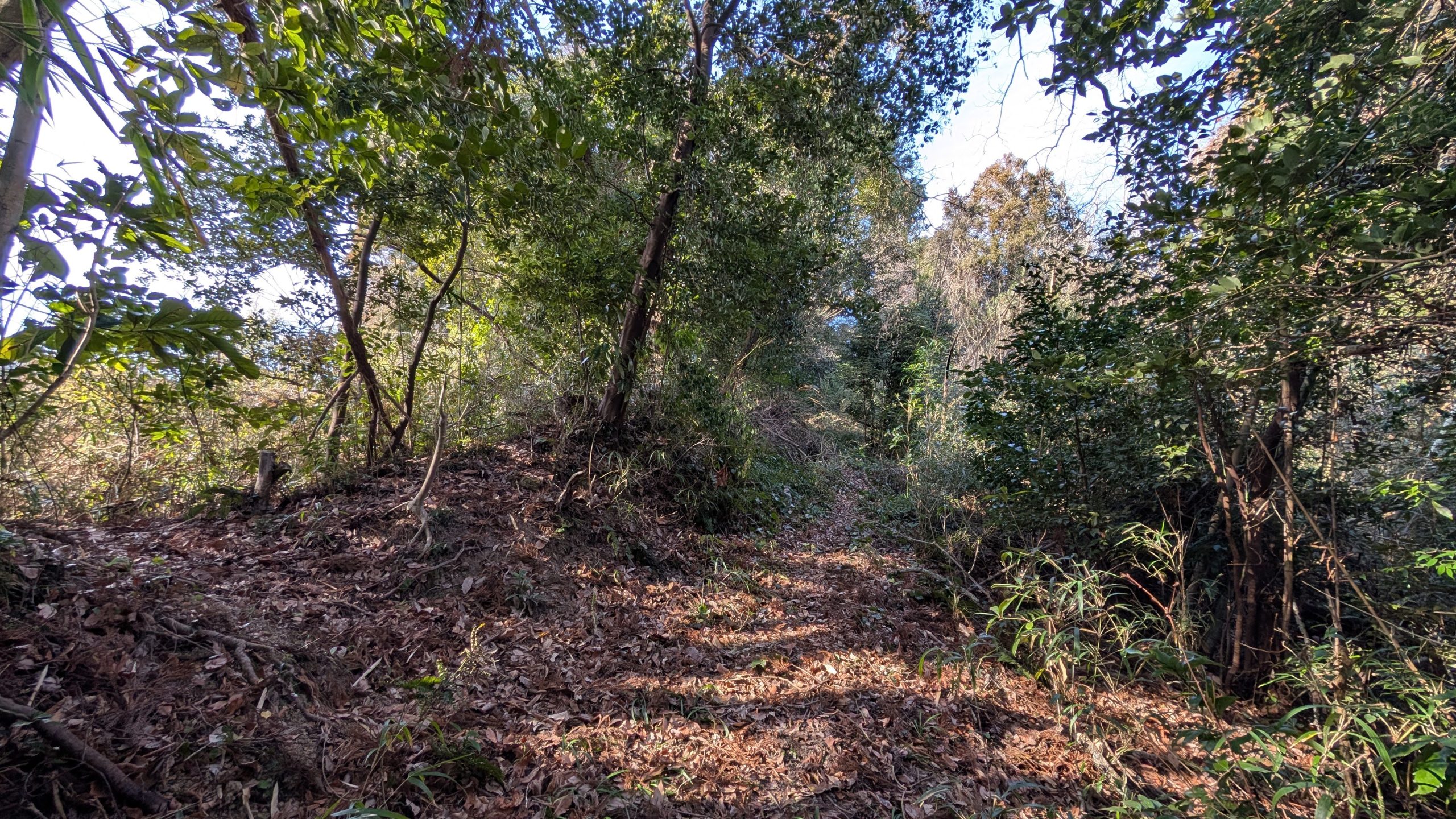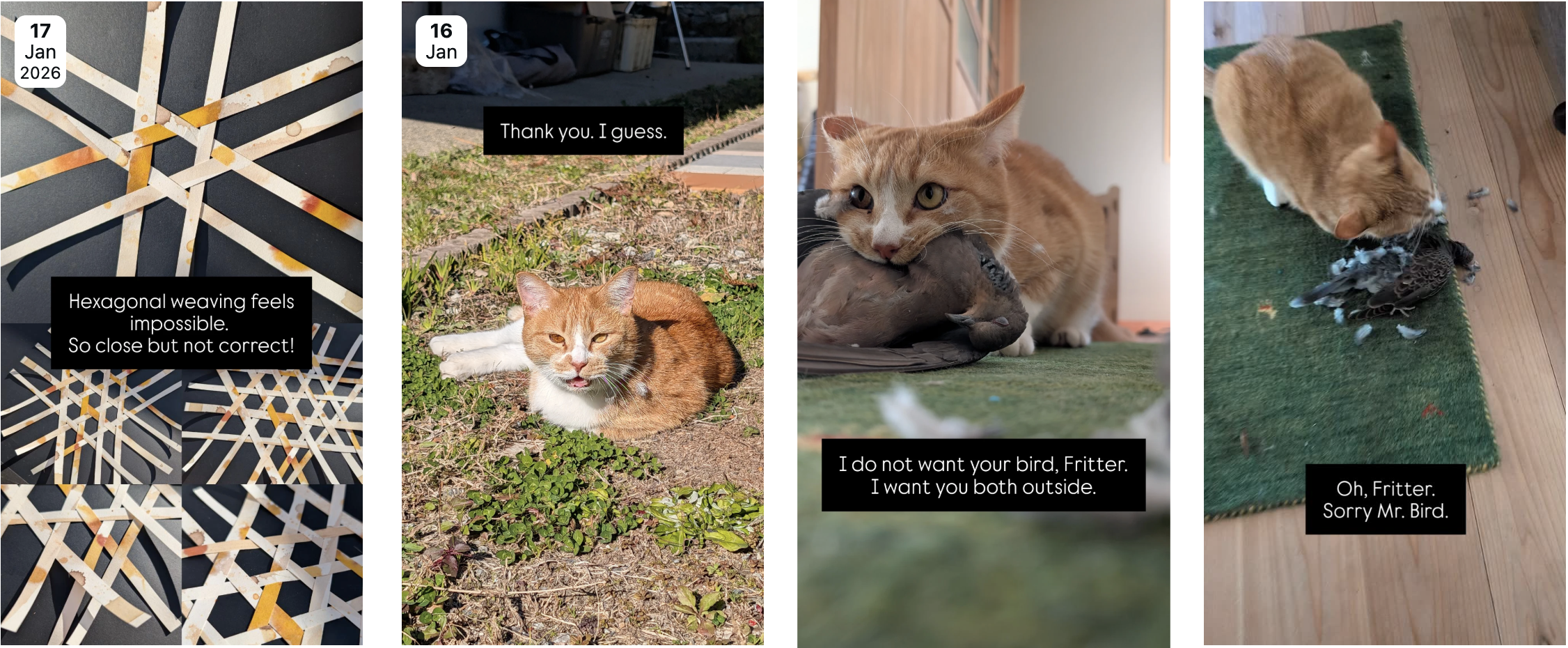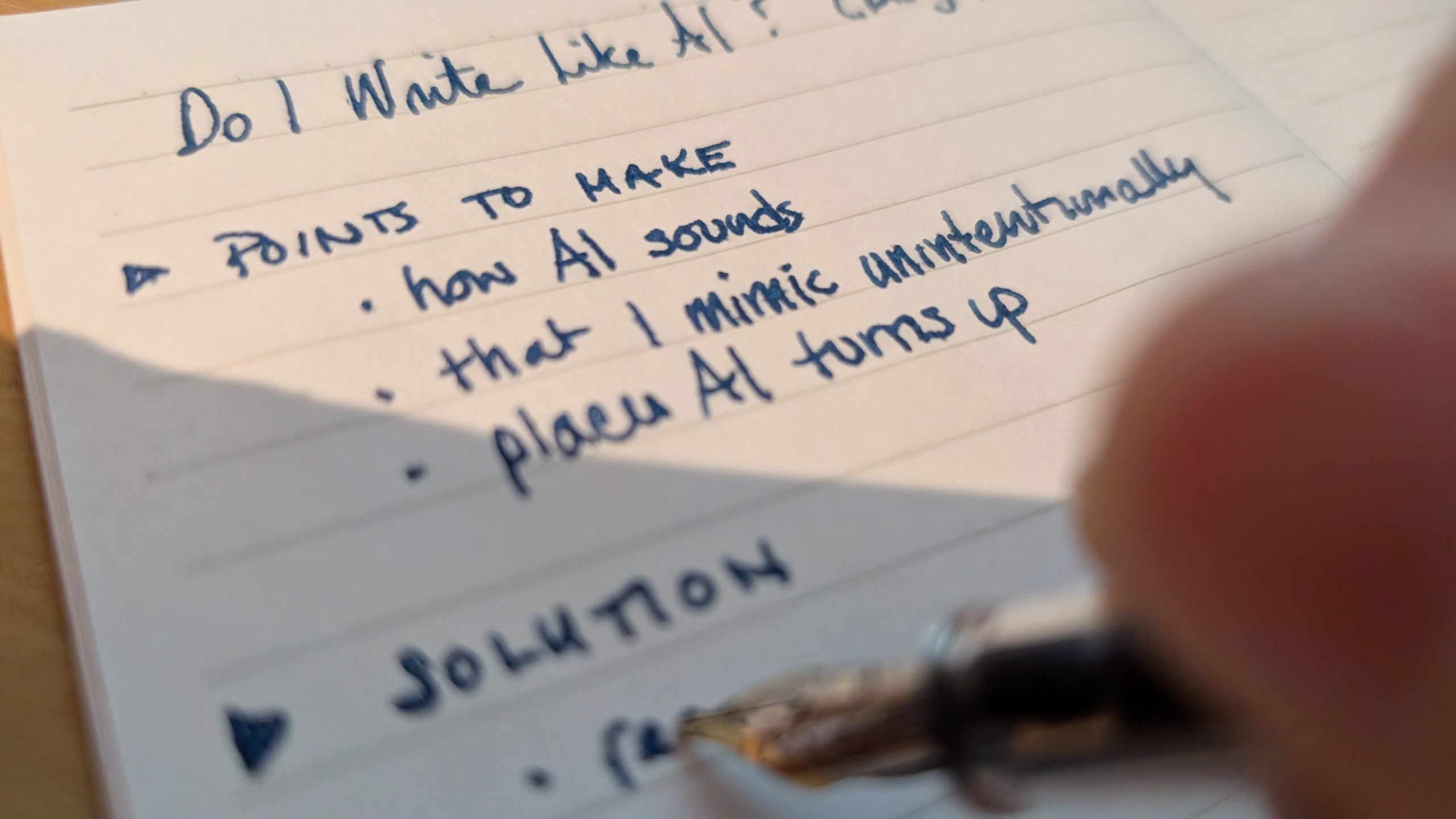Although there’s no phrase for “tongue twister” in Japanese, the language has quite a few words that are challenging to say.
Japanese has 5 vowel sounds (plus a few dipthongs) ah (a), ee (i), oo (u), eh (e), & oh (o). Paired with the 11 consonant sounds, this means pronunciation is very regular. Ko is always ko. Bu is bu.
But it means you have to be careful in the words you say. A slip of the tongue can cause you to lose all meaning. For example, kabu means turnip but kaba is hippopotamus. I’m sure I’ve gone to the produce section and asked a question that made me sound like I was on safari.
But the words I have most trouble with are the long strings of similar syllables. In class this week, I encountered mitsukerarerusou desu. I’ve been practicing it for the past couple of days and it still comes haltingly from my lips. Mitsu-ka… rats. Mitsu-ke-rrrrrrra-re-ru.
What does mitsukerarerusou desu mean? “It is said that you can find” Fortunately that doesn’t come up in conversation too often.





